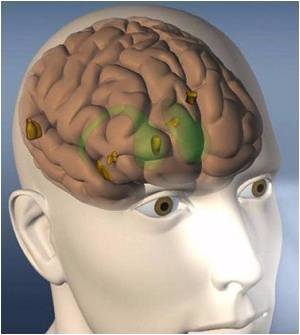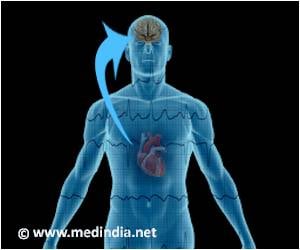
A small number of people with difficult-to-treat OCD have had electrodes permanently implanted deep within their brain. Stimulating these electrodes reduces their symptoms.
To find why stimulation has this effect, Damiaan Denys and Martijn Figee at the Academic Medical Center in Amsterdam, the Netherlands, and colleagues recorded neural activity in people with electrodes implanted into a part of the brain called the nucleus accumbens.
This region is vital for conveying motivational and emotional information to the frontal cortex to guide decisions on what actions to take next. In some people with OCD, feedback loops between the two get jammed, leading them to do the same task repeatedly to reduce anxiety.
The researchers took fMRI scans as participants rested. In 13 people with OCD and implanted electrodes, there was continuous and excessive exchange of signals between the nucleus accumbens and the frontal cortex that was not seen in 11 control subjects.
When the electrodes were activated, though, the neural activity of both brain regions in the people with OCD became virtually identical to that in the controls.
Advertisement
"The most striking thing is that stimulation doesn't just affect the nucleus accumbens, but the whole network linked up with the cortex," New Scientist quoted Figee as saying.
Advertisement
Rather, they appear to repair entire brain circuits that had been faulty, the researchers said.
"It resets and normalises these circuits," said Figee.
Thomas Schlaepfer at the University of Bonn, Germany, pointed out that such work might allow researchers to use deep brain stimulation to learn about the causes of OCD as they treat it.
Source-ANI









